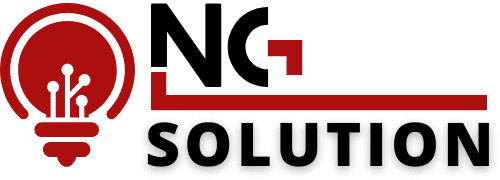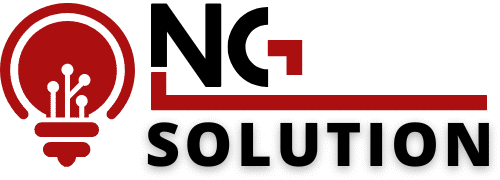In today’s digital era, where work is no longer confined to physical spaces, companies are challenged to maintain a human-centric approach while scaling their operations. Katherine Johnson, Chief Governance Officer at Storj, emphasizes the strategic importance of inclusivity in managing distributed teams. Her experience at Storj highlights the need for intentional communication and cultural awareness in remote work environments.
Johnson’s journey with Storj began before her official role in 2019, where she helped the company transition from a startup to a mature organization with policies rooted in flexibility and geo-diversity. She acknowledges the challenges of remote work, such as the absence of casual interactions, which necessitates structured communication to ensure clarity and cohesion across culturally diverse teams.
Governance plays a crucial role in the success of distributed work, with Johnson advocating for structured frameworks to prevent misunderstandings and foster trust. Her background in regulatory compliance underscores the importance of empowering team members to voice concerns, enhancing both innovation and productivity.
Johnson views inclusivity as a competitive advantage, essential for developing technology that serves a diverse user base. She warns against the pitfalls of homogenous teams, which can lead to narrow assumptions and overlooked accessibility features. By embracing diverse experiences, companies can build more resilient and relevant technology.
Amidst potential backlash against inclusivity, Johnson advises focusing on the operational benefits rather than political labels. Inclusivity should be seen as a driver of performance and risk management, ensuring that all team members feel safe and heard.
Looking forward, Johnson envisions governance as a cultural blueprint that aligns global teams with a company’s mission and values. As distributed work continues to grow, thoughtful governance will be key to fostering a sense of belonging and ensuring long-term success. Inclusivity, she argues, is not optional but a fundamental element of resilience and creativity in the future of work.


